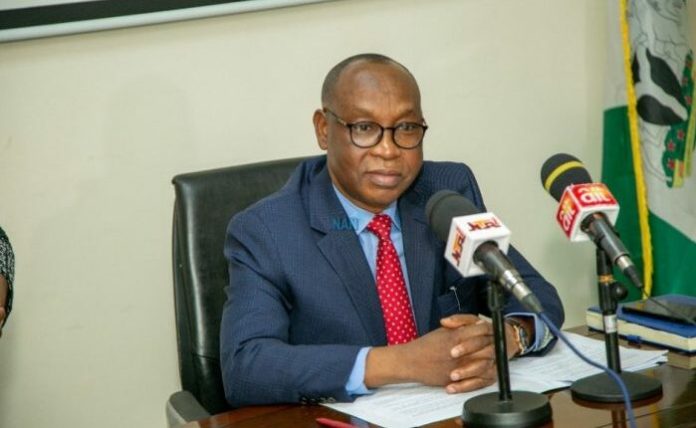According to the Nigerian Extractive Industries Transparency Initiative (NEITI), over a 16-year span from 2007 to 2023, the country’s solid minerals industry directly contributed N1.137 trillion to federal, state, and local governments.
This was revealed by NEITI at the 16th audit cycle for the industry, which took place in Abuja, during the presentation of its 2023 Solid Minerals Audit Report.
The Executive Secretary of NEITI, who delivered the report, highlighted the organization’s function in monitoring the revenue contributions of Nigeria’s solid minerals industry.
According to him, the report’s conclusions show consistent progress and point out areas that need revision to support economic diversification.
“This paper is essential to comprehending the solid minerals sector’s economic impact in Nigeria. According to the Executive Secretary of NEITI, the sector’s revenue has increased by an astounding 44 times, from N7.59 billion in 2007 to N341.27 billion in 2022.
The firm Haruna Yahaya and Co.’s thorough audit report offers information on the sector’s revenue sources, export statistics, and economic impact.
Growth in the sector
The study shows a steady increase in the sector’s revenue generation, with government collections growing significantly and currently surpassing ₦1 trillion in total contributions.
The solid minerals industry produced N345.41 billion in 2022 alone, with a reconciled ultimate revenue of N329.92 billion. This expansion highlights the sector’s development as a significant contributor to Nigeria’s economy, according to NEITI.
Government revenue, including reconciled and unilaterally released data, totaled N401.87 billion in 2023, according to company payments analysis, the paper stated.
Among the main sources of income for this sum were VAT (N128.32 billion), Federal Inland Revenue Service taxes (N370.09 billion), education tax (38.64%), company income tax (10.64%), and royalties totaling N9.06 billion.
Production and export data were also included in the audit report, which showed that Nigeria produced 95.07 million tonnes of minerals in 2023. With a total export value of N117.29 billion, 4.32 million metric tons of this were exported.
Read Also: NSDC Invites Investors To Nigeria’s $7bn Sugar Market
Ogun was the state with the highest production volume, followed by Kogi and Rivers as the top mineral-producing states. Meanwhile, the industry received money from the states of Osun, Ogun, and Kogi.
By resolving disparities in corporate payments that had totaled ₦301.6 billion but were eventually lowered to ₦100 million, NEITI demonstrated its dedication to transparency. “The reduction in the amount from ₦301.6 billion to ₦100 million is indicative of NEITI’s commitment to fostering accountability and transparency in the solid minerals industry,” NEITI said.
GDP Contribution
According to NEITI’s research, the solid minerals sector contributed 0.83% of Nigeria’s GDP in 2022 and declined somewhat to 0.75% in 2023.
According to NEITI, this small contribution indicates unrealized potential that can propel Nigeria’s economic diversification strategy.
Highlighting the sector’s potential for increased economic impact, the research promotes regulatory changes meant to unleash its full potential.
The solid minerals industry has unrealized potential that, with the right regulations, may be crucial to Nigeria’s economic diversification, according to NEITI.
In order for the solid minerals sector to contribute more significantly to Nigeria’s economy, the research emphasizes the significance of sector reforms and regulatory changes.

